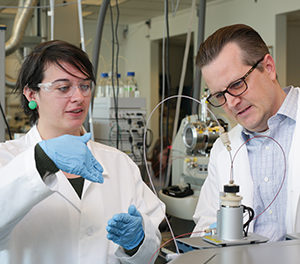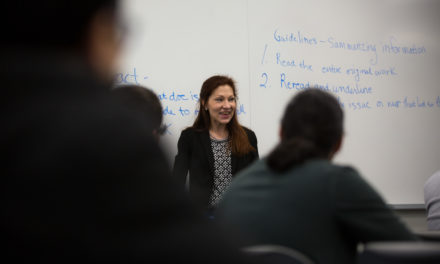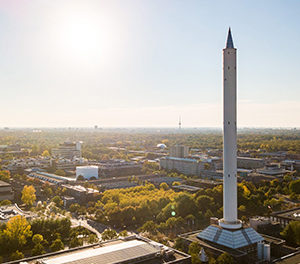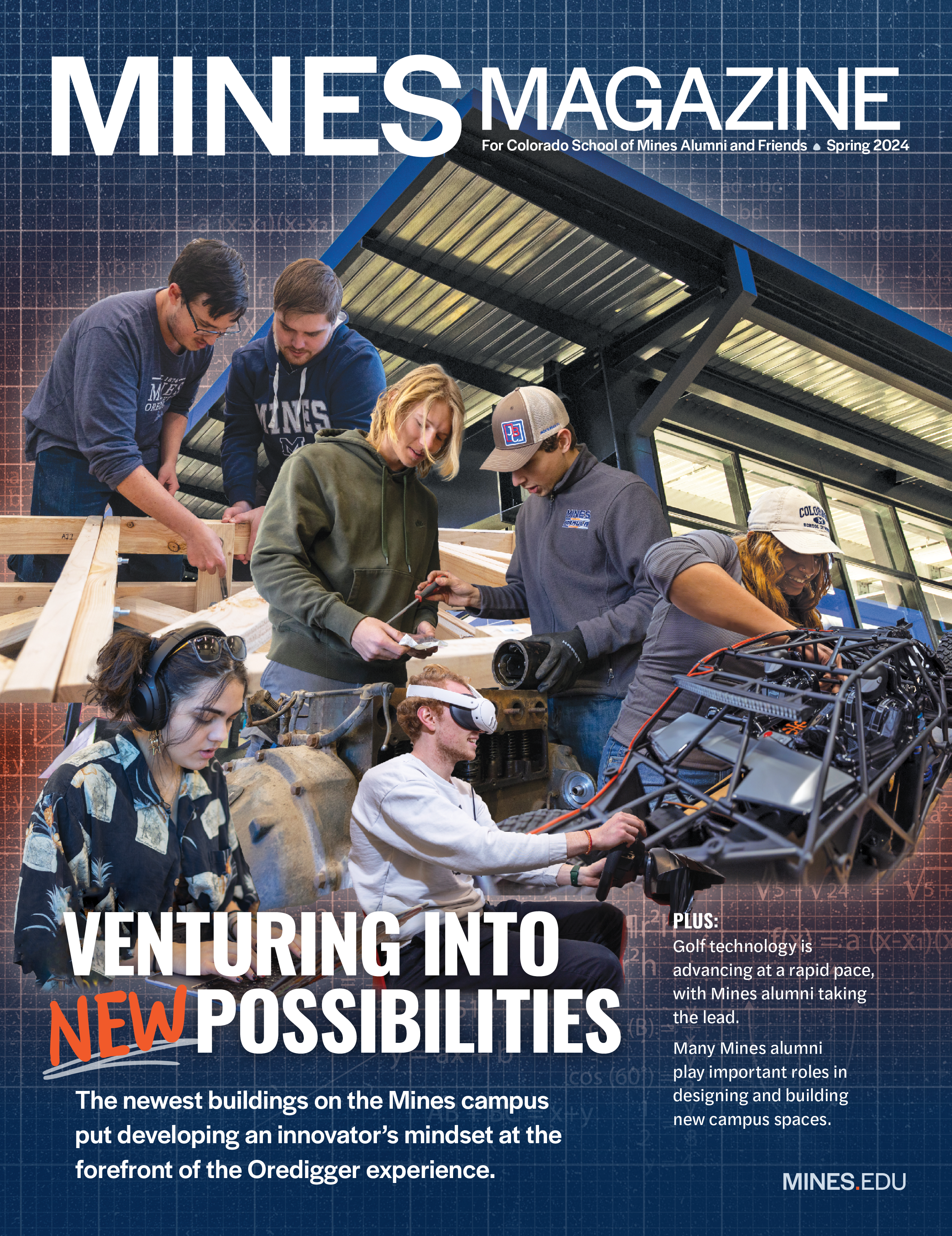Emphasizing technical expertise with community awareness
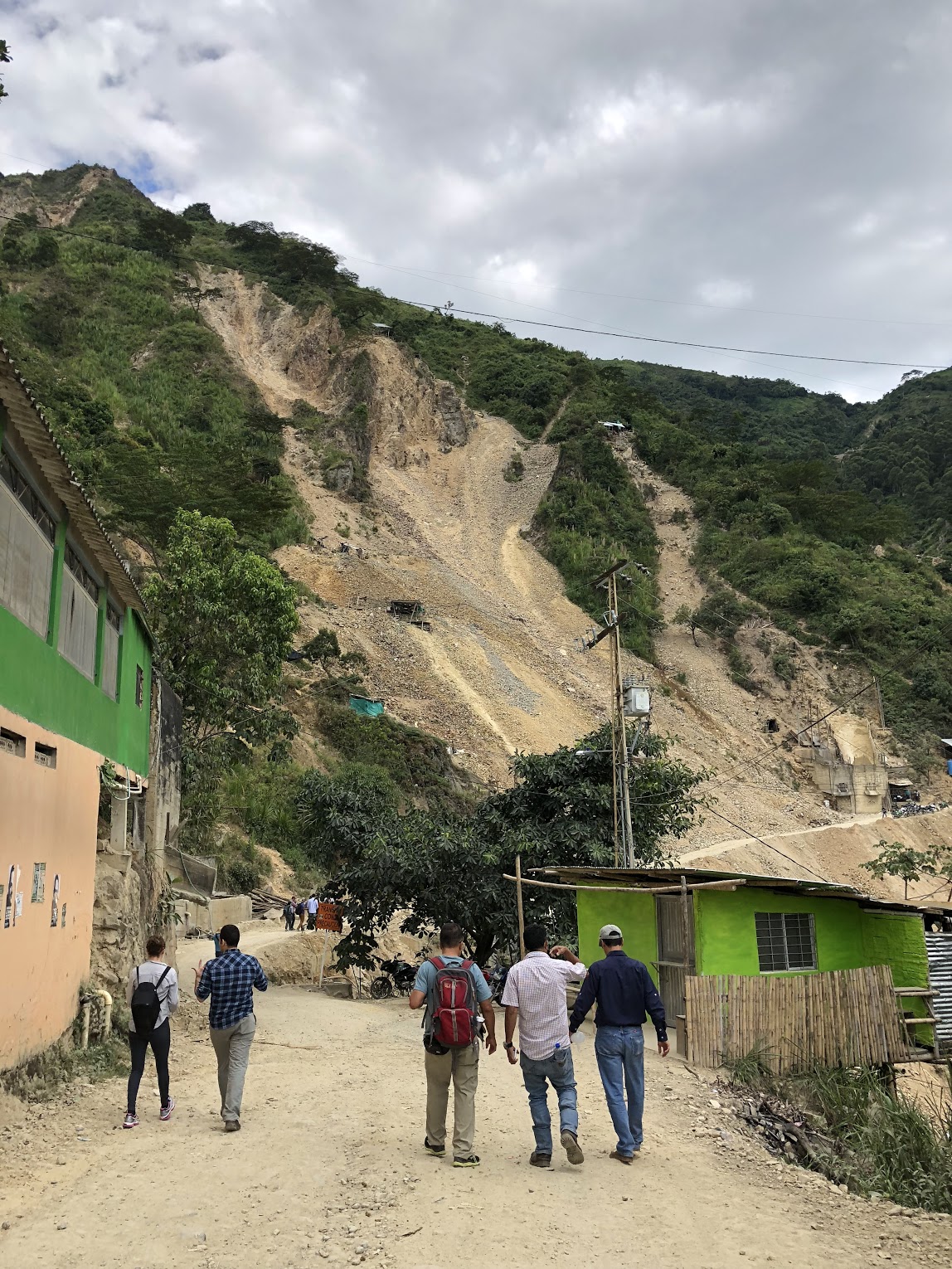
Engineering, by nature, is a problem-solving field. But with an increasing awareness of technology’s inevitable impact on people and places, today’s scientists and engineers want their work to do more. Enter humanitarian engineering, which integrates technical expertise with a deep understanding of society and the environment and seeks to consider the needs and values of all stakeholders to first define the problem before solving it.
Mines has a long history of integrating ethics and values into its general curriculum but has only recently made it a formalized emphasis, starting as a minor option in 2003. With the support of multiple donors, Kevin Moore, the program’s executive director, worked with several key faculty members to expand the program in 2012. Today, Mines offers a graduate degree, and the undergraduate program has two separate tracks for students to choose from—community development and corporate social responsibility—with a third focusing on community wellness in the works.
Moore said it’s important for engineers to look at real-world problems not only from a technical standpoint but also from a sociotechnical perspective because most problems facing the world today are not purely technical, and technology alone won’t solve them. Issues such as poverty are “a societal challenge, and you need policy people, regulatory people, social workers, engineers and many others,” Moore said. “They should all be working together to create these solutions within society.”
“Humanitarian engineering is teaching engineers how to work with communities to co-create just solutions,” Moore continued. He said today’s students, who are old enough to remember their parents struggling in the economic crisis of the 2000s and who see communities in crisis worldwide, want jobs that are both stable and beneficial to the world around them—a combination humanitarian engineering can provide.
In the classroom, students study community engagement methods, including how to develop sound relationships with communities, listen well and define the problem from stakeholder perspectives. As cultural awareness is increasingly in demand in both corporations and nongovernmental organizations, students from this program find their training serves them well in almost
any capacity.
Industry leaders see the appeal as well. Charles “Chuck” Shultz ’61, a former CEO of Gulf Canada, and his wife, Louanne, have made significant gifts to the program, soon after its expansion in 2012 and again this year. In addition to providing both undergraduate and graduate scholarships for humanitarian engineering at Mines, their support includes funds for students who act as ambassadors for the program by showcasing their projects to expand the field’s network. Students need a “broader background in community development and the responsibilities of industry to maintain society’s acceptance,” said Shultz. “We want the young people coming out of Colorado School of Mines to be able to set the right tone at the top.’”

